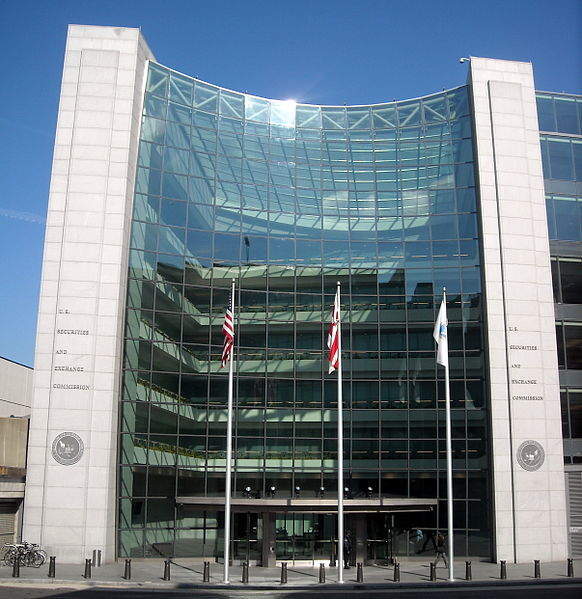Merrill Lynch, Pierce, Fenner & Smith has agreed to pay nearly $8.9m to the US Securities and Exchange Commission (SEC) to settle charges related to an alleged conflict of interest.

Image: The US SEC imposed a fine of around $8.9m to Merrill Lynch over conflict of interest. Photo: courtesy of AgnosticPreachersKid/Wikipedia.org.
According to the SEC, the Merrill Lynch equity research arm failed to disclose a conflict of interest emerging out of its own business interests in deciding whether to continue to provide clients products managed by an outside third-party advisory company.
The federal agency said that the conflict of interest surfaced in the company’s handling of third-party products managed by a foreign multinational bank’s US subsidiary.
The SEC said that over 1,500 of Merrill Lynch’s retail advisory accounts had invested about $575m in the US subsidiary of the foreign bank.
SEC’s order revealed that Merrill Lynch put new investments into the party products on hold owing to pending management changes at the third party.
Further, the company’s governance committee planned to vote on a recommendation to scrap the products and provide alternatives to investors, said the federal agency.
However, the third-party manager tried to stop termination and contacted senior executives at Merrill Lynch, which included an appeal to consider the companies’ larger business relationship.
SEC alleged that after the communications from the third-party manager, a break from ordinary practices was noticed and following which the governance committee did not vote and decided to postpone action on termination. The agency charged that later on the governance committee removed the hold and opened the third-party products to new Merrill Lynch accounts.
SEC New York regional office director Marc Berger said: “By failing to disclose its own business interests in deciding whether certain products should remain available to investment advisory clients, Merrill Lynch deprived its clients of unbiased financial advice.
“Retail clients must feel confident that their advisors are eliminating or disclosing such conflicts and fulfilling their fiduciary duties.”
SEC said that the firm consented to its order without admitting or denying the agency’s findings that found the company to be negligent in breaching the antifraud and policies and procedures provisions of the Investment Advisers Act of 1940.
